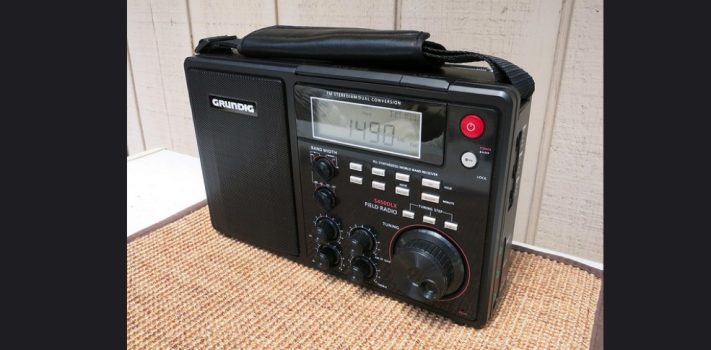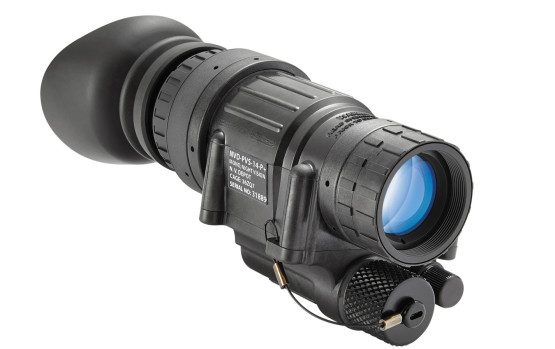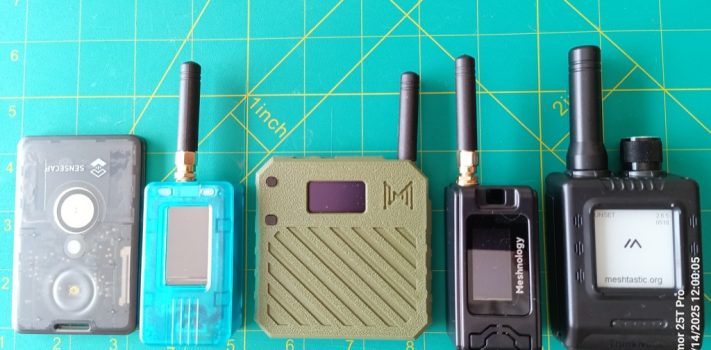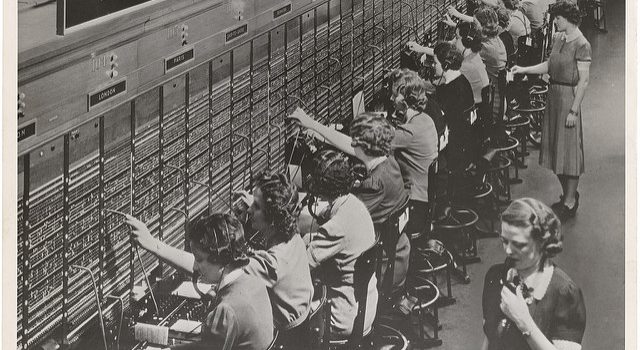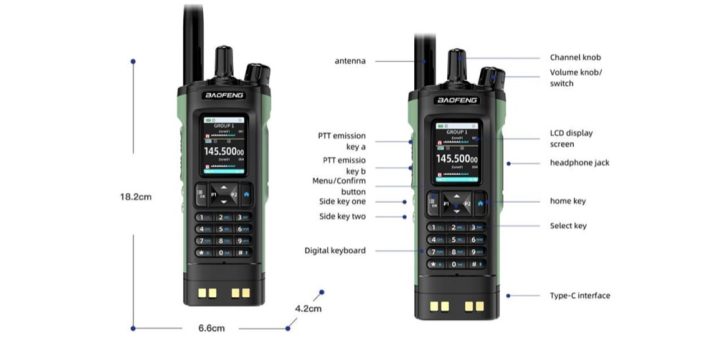A Crystal Radio Kit for TEOTWAWKI – Part 2, by Mike in Alaska
(Continued from Part 1. This concludes the article.) Once you have cut, stripped, and made the proper ring terminal connections to the wires, then the next job is to solder them to the various locations as required; this will involve soldering the 6.0” wire and two other wires twisted together as one wire onto the variable capacitor of the kit. I used a dab of Kester 186 solder flux on the wires before I tinned them and then after I crimped the wires onto the terminals, I put a very small drop of the flux on the crimp connection and …


